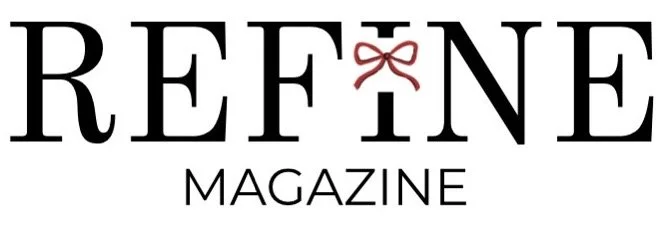Between Two Moons Book Review
By: Amna Faheem
It’s not common for someone like me to see myself in mainstream media. Arabs are always the terrorists and villains in the plot, spewing incoherent nonsense and living in dusty tented slums, worshiping cats, and driving camels. Egyptians are hardly ever mentioned, except for the inclusion of pyramids and historically inaccurate pharaonic events. Heavy eye makeup and CGI scenes of the Nile River are all the representations I see of my people and my city. Such a limited portrayal is very discouraging and makes me feel like I am not important enough to be talked about in a way that does not minimize who I am.
When I found the novel, Between Two Moons, by Egyptian writer, Aisha Abdel Gawad, my excitement was heightened.
I was finally in a book.
People would now read about me and no longer think I was an uneducated immigrant coming from a land of sand and hot sun. I was normal; My existence was confirmed.
Between Two Moons is about an Egyptian family living in Brooklyn after 9/11, a sequence of airplane hijacks and attacks carried out in 2001. The book takes place during the month of Ramadan, in the middle of the summer. This was my first time reading about Ramadan in the media, and the joy I felt in my heart while reading this book was unparalleled.
The book follows twins, Amira and Lina, after their high school graduation, where they go through extensive growth and change. At the same time, they have to deal with their older brother who has returned home, causing tension in the family.
The community in which they live is being attacked, leaving people on edge. This highlights the Islamophobia that Muslims in America face, which only intensifies during Ramadan.
Lina and Amira were raised in a traditional Egyptian household, where Amira wears the Hijab and is expected to pray five times per day. In the book, they mentioned several unwritten rules, such as no boys and no drinking, that they’re both expected to adhere to.
It was like reading a book about my life.
The book shows the readers a lot of the traditional culture in Egypt, and I have related to it in my everyday life.
It was very difficult to live in a household with Arab expectations and beliefs while growing up in America.
Growing up, I was viewed as weird by my friends since I wasn’t allowed to have a boyfriend and couldn’t sleep over at their houses. I always felt very excluded, and that I never quite fit in. I was either not Egyptian enough, nor was I American enough. The middle ground was a constant internal battle between one culture and another; I didn’t know who I was.
Reading Gawad’s book made me very emotional. I felt seen and validated for the first time in my life. As an Egyptian, I rarely saw myself in anything.
This book wasn’t just about an Egyptian family, but about Ramadan. It portrays the characters in a way that makes them real, beautiful, and hopeful. This book made me realize that my culture and my background are just like any other person. My experiences in life were worth reading about, worth being written about.
I felt the main characters’ heartache over their relationship with their mother and cried alongside them. I understood their relationship with their faith, fasting, and going to prayer followed by a night out. I have gone through everything that the book mentioned, I was them.
I never realized how important it was to see myself and be represented. It was always something I yearned for, but never quite understood the magnitude of it. Between Two Moons healed me. It took me back to when I was 12 years old, learning about other cultures and their history, always wondering why mine was not important enough to be taught. This book is for other Egyptians like me who, growing up, never saw representations of themselves. This book is for my younger sisters, who will not have to live in a world where they are not important, and where they feel isolated in their struggles. This book is for Muslims who have spent their whole lives answering the classic questions of ‘not even water?’ and ‘you can’t eat for 30 days?!’ when Ramadan comes around. This book is for Arabs who have been bullied and harassed post-9/11.
It’s for all of us who felt we were not enough; not real, not heard, and not important. That we were nothing but terrorists and sandland people. This book is for children of immigrants who never felt they fit in. Who were always too much of one identity for the other, and never accepted fully.
Aisha Abdel Gawad wrote a book that touched my heart, and for that, I will forever be grateful to her. Thank you for writing my story.

